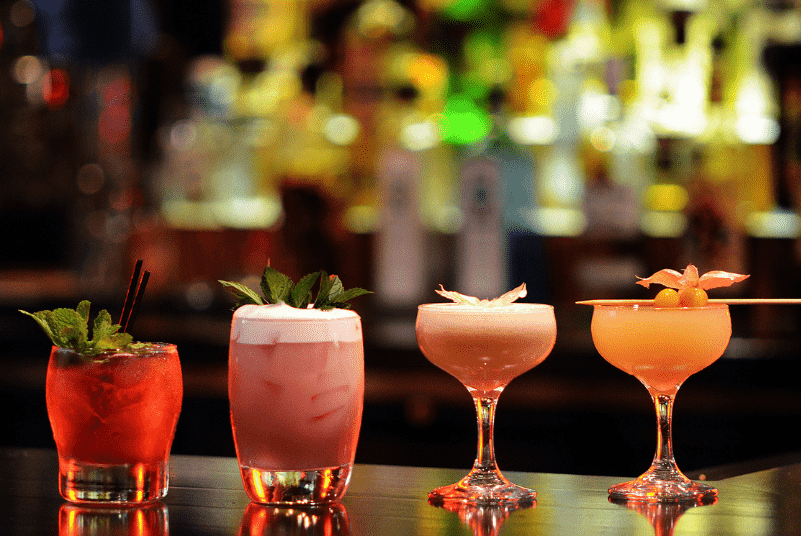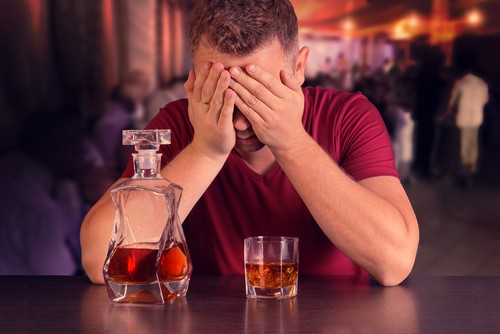If you struggle with alcoholism, every day may feel like an uphill battle. To stay sober, you have to learn coping mechanisms, triggers, and so much more about yourself. You have to face mental health issues head-on and identify why exactly you turned to alcohol in the first place.
For some, it can feel completely impossible to resist a tall glass of beer, for others, liquor is their vice. Do the different types of alcohol vary in addiction risk? For example, if someone drinks wine, are they more likely to get addicted than someone who drinks beer?
The Different Types of Alcohol
There are three different core types of alcohol, wine, beer, and liquor with many other subcategories. However, one isn’t inherently more addictive than the other because they’re all made from the same drug, alcohol.
However, in looking at the “standard drink” it may be easier to consume higher amounts of liquor, for example. A “standard drink” is defined as:
- 12oz of a 5% ABV beer
- 8oz of a 7% ABV malt liquor
- 5oz of a 12% ABV wine
- 1.5oz of a 40% ABV liquor
Basically, a “standard drink” is defined as a glass of beer or wine or a shot of liquor. Alcohol consumption guidelines state that having two drinks in one night for a male or one drink in one night for a female is considered drinking in moderation, and anything above that can be considered dangerous.
Because of this, those who consume liquor may consume more in one sitting, as the “doses” are much smaller. Drinking more in a short period of time will cause them to get drunk faster. Drinking a lot on a regular basis will increase their tolerance, potentially leading to alcoholism or addiction if patterns continue.
Does Personal Preference Affect Alcoholism?
Of course, there’s also personal preference, which has a huge impact on what someone chooses to drink and what they get addicted to. If someone prefers wine over other types of alcohol, that’s likely what they’ll drink the most. If their favorite alcohol is constantly within reach, it’ll be easy for them to keep drinking, developing patterns that can lead to alcohol addiction.
It’s completely possible for someone who drinks beer to be uninterested in other types of alcohol, or someone who drinks wine to avoid liquor. However, that doesn’t make one type of alcohol more addictive than another. It just means that personal preference plays a factor.
This can also cause problems in the future when addicts are trying to recover. While they may not be tempted by all types of alcohol, encountering their favorite or their alcohol of choice might be even more difficult.
Psychological and Physical Dependence
There’s a large difference between being habitually dependent on alcohol and being physically dependent on it. Usually, alcoholism starts with a habitual or psychological addiction. People believe that they need to drink to feel better or to escape the real world. By repeating these patterns, physical dependence will form. Physical dependence makes it much harder to quit drinking, as withdrawal symptoms will occur when the addicted party attempts to stop drinking.
However, all types of alcohol are the same in this right. No type causes worse withdrawal symptoms or presents a higher risk of psychological or physical dependence.
Seek Treatment for Alcohol Addiction
If you or someone you love is struggling with alcoholism, it might be time to seek help. Here at Asheville Recovery Center, we offer partial hospitalization programs (PHP), intensive outpatient programs (IOP), aftercare planning, and more. To learn more about our programs and how we can help you get sober, call Asheville Recovery Center today and get started on the road to recovery.








